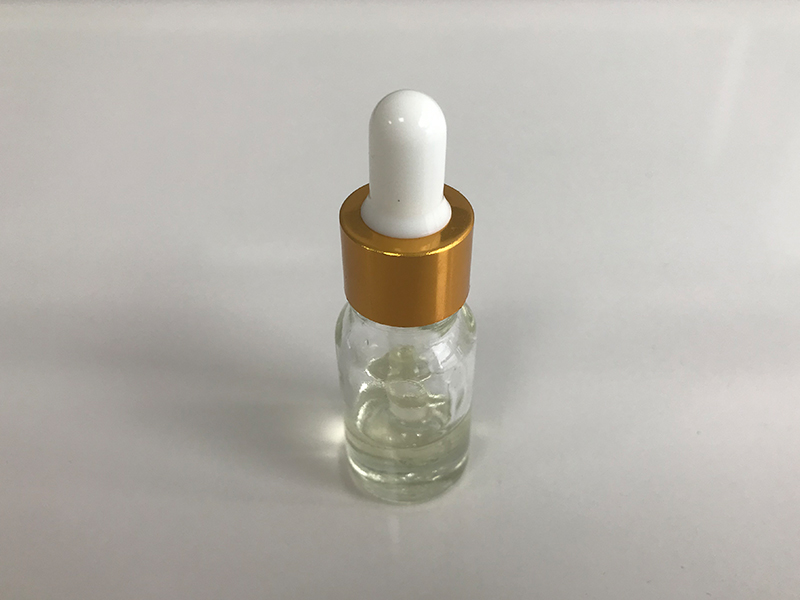Jojoba oil, derived from the seeds of the jojoba plant, is renowned for its versatility and beneficial properties. Here’s a breakdown of its pros and cons:
Pros of Jojoba Oil:
Similarity to skin’s natural oils: Jojoba oil closely resembles the sebum produced by human skin. This similarity allows it to be easily absorbed without clogging pores, making it suitable for various skin types, including oily and acne-prone skin.
Moisturizing: It is an excellent moisturizer, helping to hydrate and soften the skin without leaving a greasy residue. This makes it ideal for dry skin or areas prone to dryness, such as elbows and knees.
Non-comedogenic: Unlike many other oils, jojoba oil is non-comedogenic, meaning it is unlikely to cause acne or exacerbate existing breakouts. It can help regulate sebum production and balance oil levels in the skin.
Antioxidant properties: Jojoba oil contains natural antioxidants, such as vitamins E and B-complex, which can help protect the skin from environmental stressors and free radical damage, thus potentially reducing signs of aging.

Anti-inflammatory: It possesses anti-inflammatory properties, making it effective in soothing irritated or inflamed skin conditions like eczema, psoriasis, and sunburns.
Hair care: Jojoba oil can be used to condition and nourish the hair and scalp. It helps to moisturize dry, brittle hair, promote hair growth, and reduce dandruff by maintaining the scalp’s natural balance.
Long shelf life: Jojoba oil has a relatively long shelf life compared to other oils, thanks to its stability. It does not easily oxidize or become rancid, making it a practical choice for skincare and haircare products.
Cons of Jojoba Oil:
Cost: Jojoba oil can be more expensive compared to other carrier oils, primarily due to its extraction process and limited geographical distribution.
Allergic reactions: While rare, some individuals may experience allergic reactions or sensitivities to jojoba oil. It’s recommended to perform a patch test before using it extensively, especially for those with sensitive skin.
Potential for greasiness: Although jojoba oil is lighter and less greasy compared to many other oils, using too much of it can still leave a greasy residue on the skin, particularly if applied in large quantities.
Not suitable for cooking: Unlike some other plant-based oils, jojoba oil is not suitable for cooking due to its high stability and resistance to oxidation. It’s primarily used in topical applications.

Limited scientific evidence: While jojoba oil has been used for centuries in skincare and haircare, there is limited scientific research supporting all of its claimed benefits. More studies are needed to fully understand its effects on different skin and hair conditions.
Overall, jojoba oil offers numerous benefits for skincare and haircare, thanks to its moisturizing, non-comedogenic, and antioxidant properties. However, individuals should be aware of potential allergic reactions and use it sparingly to avoid greasiness.
